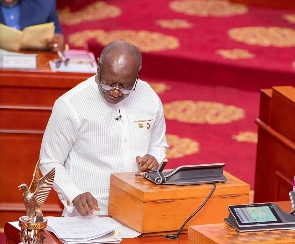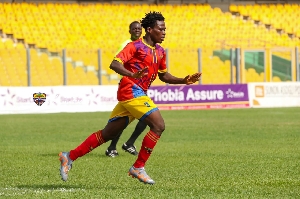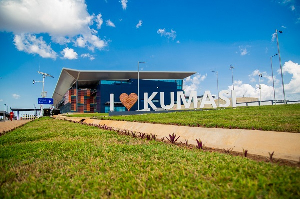The Akufo-Addo government has improved the quality of life of about 350,000 Ghanaian households under the Livelihood Empowerment Against Poverty (LEAP) programme by investing GH¢1.2 billion, Finance Minister Ken Ofori-Atta has told parliament when he presented the m2024 budget on Wednesday, 15 November 2023.
LEAP is a cash transfer programme introduced by the government of Ghana in 2008, for extremely poor and vulnerable households which have the following three categories of eligible members: orphaned and vulnerable children (OVCs) or, people with severe disability without any productive capacity and elderly people who are 65 years and above.
THE OBJECTIVES OF LEAP:
The main objective of the LEAP programme is to reduce poverty by increasing and smoothening consumption and promoting access to services and opportunities among the extremely poor and vulnerable. The Specific Objectives are:
To improve basic household consumption and nutrition among children below 2 years of age, the aged (65 years and above without productive capacity) and people with severe disability;
To increase access to health care services among children below 5 years of age, the aged (65 years and above without productive capacity) and people with severe disability;
To increase basic school enrollment, attendance and retention of beneficiary children between 5 and 15 years of age;
To facilitate access to complementary services (such as welfare, livelihoods and improvement of productive capacity) among beneficiary households
The OVCs beneficiary households are expected to meet the following conditions/co-responsibilities:
Children between 5-15 years – enrolment and attendance in public basic schools
Children between 0-5 years – regular visit to health facilities for vaccinations and growth monitoring
Birth Registration of Children
Non-involvement of children in any form of Child Labour
The determination of the level of poverty is done objectively by means of a Proxy Means Test (PMT) Score calculated from data collected on potential beneficiary by the PMT questionnaires.
The programme cycle of LEAP involves three activities (Case management at each stage of the process as outlined below):
Targeting of potential beneficiaries
Enrolment of qualified beneficiaries on the LEAP register
Payment of beneficiaries bimonthly
ACHIEVEMENTS:
The programme, according to the Ministry of Gender, Child and Social Protection, has made significant strides.
The number of beneficiary households has increased from 1,645 in 2008 to 146,074 (185 districts) as of 31st December 2015.
The number is expected to increase to 200,000 by 31st December 2016, and to 250,000 by 31st January 2017.
Since October 2013, all beneficiaries have been regularly paid their grants.
An impact assessment of the programme undertaken by the Institute of Statistical, Social and Economics Research (ISSER), University of Ghana, Legon, in partnership with the North Carolina University in 2012 showed positive impact on the extreme poor in Ghana.
General News of Saturday, 18 November 2023
Source: classfmonline.com
Government has improved quality of 350,000 LEAP beneficiaries with GH¢1.2bn investment - Ofori-Atta
Entertainment
















